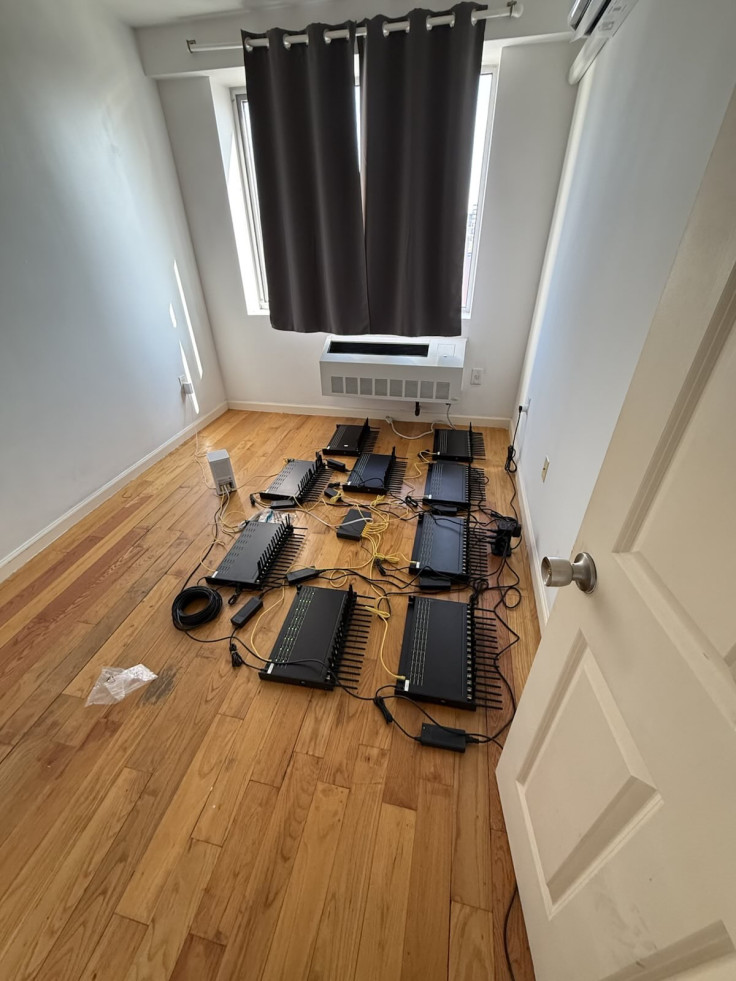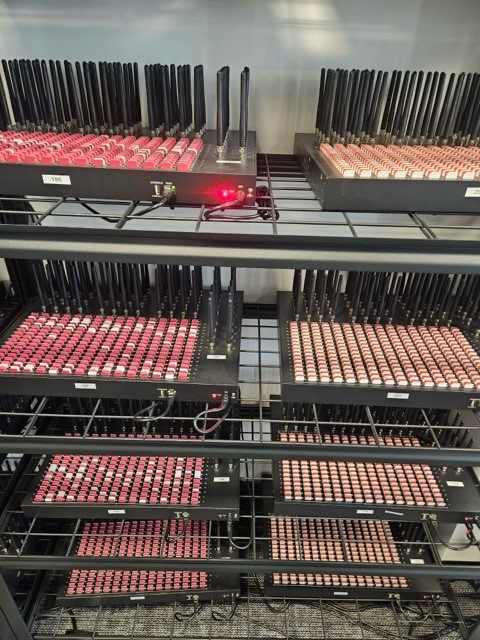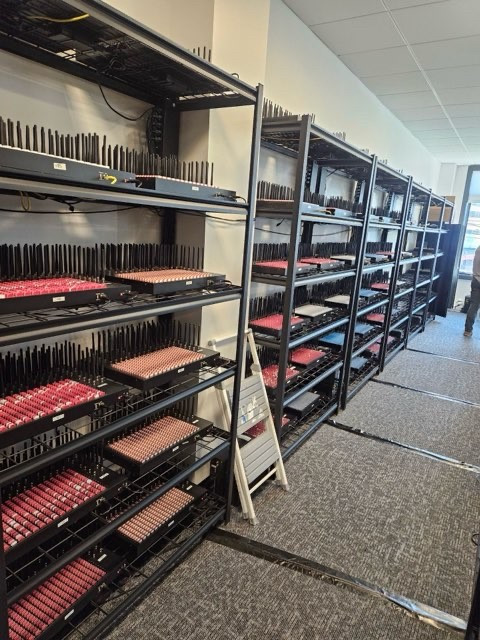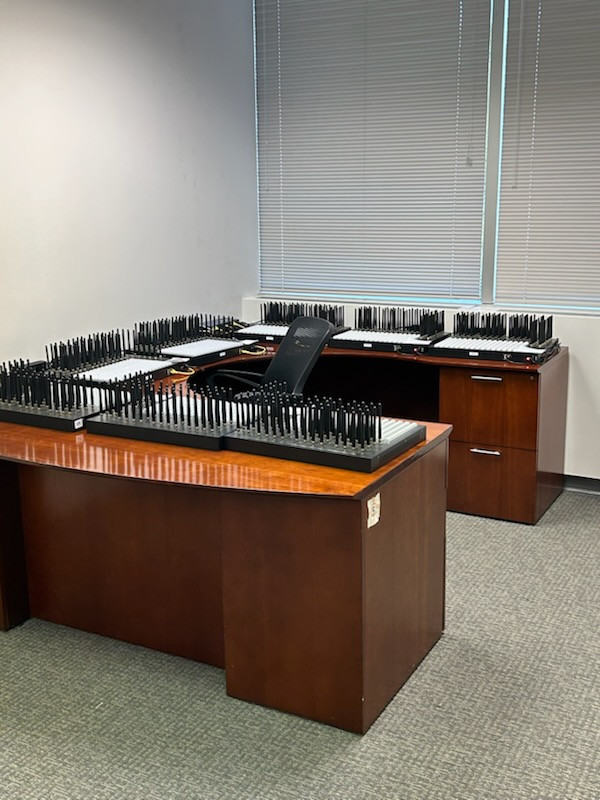US Secret Service Quietly Dismantles Looming Telecom Threat Near UN Headquarters Targeting Millions in New York
Covert operation near UN reveals vast SIM network capable of crippling NYC's mobile infrastructure
In a covert security sweep ahead of the United Nations General Assembly, the US Secret Service dismantled a vast telecommunications threat network across the New York tristate area.
Officials say the system, comprising more than 300 SIM servers and 100,000 SIM cards, had the capacity to cripple cellular networks, jam emergency services, and enable encrypted communications between foreign actors and organised crime.
Hidden Threat Near UN Summit
The discovery came within a 35-mile radius of the UN's Manhattan headquarters, just days before President Donald Trump was due to address the Assembly. According to the Secret Service's official statement, the network posed an 'imminent threat' to protective operations and public safety.
Special Agent Matt McCool, head of the New York field office, stated: 'This network had the potential to disable cellphone towers and essentially shut down the cellular network in New York City.' He added that the system could have prevented text messaging, phone calls, and emergency communications, particularly during high-profile diplomatic events.
SIM Farms and Encrypted Channels

The operation uncovered what officials described as 'SIM farms'—clusters of SIM servers capable of sending millions of messages per minute.
These devices were reportedly housed in abandoned buildings and remote sites, and could be used to launch denial-of-service attacks, impersonate officials, and enable anonymous encrypted communications between foreign governments and organised crime groups.
Early forensic analysis revealed links between the network and known criminal enterprises, including drug cartels and human trafficking rings. Investigators believe the system was used to communicate with individuals already known to federal law enforcement, though no arrests have been announced.



'The potential for disruption to our country's telecommunications posed by this network of devices cannot be overstated,' said Secret Service Director Sean Curran.
'The US Secret Service's protective mission is all about prevention, and this investigation makes it clear to potential bad actors that imminent threats to our protectees will be immediately investigated, tracked down and dismantled.'
Timing and Geopolitical Sensitivity
The discovery came as more than 150 world leaders descended on New York for the UN General Assembly. Officials have not confirmed whether the network was directly intended to disrupt the summit, but acknowledged the timing and proximity raised serious concerns.
'We will continue working towards identifying those responsible and their intent, including whether they planned to disrupt the UN General Assembly and communications of government and emergency personnel during the official visit of world leaders in and around New York City,' McCool said.
The Advanced Threat Interdiction Unit (ATIU), a newly formed division within the Secret Service, led the investigation. The unit specialises in identifying and neutralising high-impact threats to national infrastructure and protecting critical assets.
The operation was supported by the Department of Homeland Security, the Department of Justice, the Office of the Director of National Intelligence, and the New York Police Department.
Foreign Involvement and Ongoing Investigation
While the agency has not publicly named any foreign governments, officials confirmed that forensic analysis is ongoing and that communications between nation-state actors and criminal networks were detected. The sensitivity of the UN summit has reportedly delayed public attribution.
According to Politico, investigators believe the system was well-funded and highly organised, capable of overwhelming New York's mobile infrastructure in minutes. One official briefed on the case said the network could 'text message the entire country within 12 minutes.'
Britain has already taken steps to restrict similar technologies. In April, the Home Office banned the possession or supply of SIM farms without legitimate justification, citing their role in 'smishing' campaigns and impersonation attacks.
A New Frontier in Threat Prevention
The dismantling of this telecom network underscores the evolving nature of national security threats—no longer confined to physical attacks, but increasingly targeting the invisible infrastructure that underpins modern life.
With mobile networks essential for emergency response, diplomacy, and daily communication, the potential impact of such a system during a global summit cannot be overstated.
As forensic teams comb through the equivalent of 100,000 mobile devices' worth of data, the Secret Service has vowed to continue its investigation and pursue those responsible.
For now, the threat has been neutralised, but the incident serves as a stark reminder of the vulnerabilities embedded in urban connectivity.
© Copyright IBTimes 2025. All rights reserved.





















